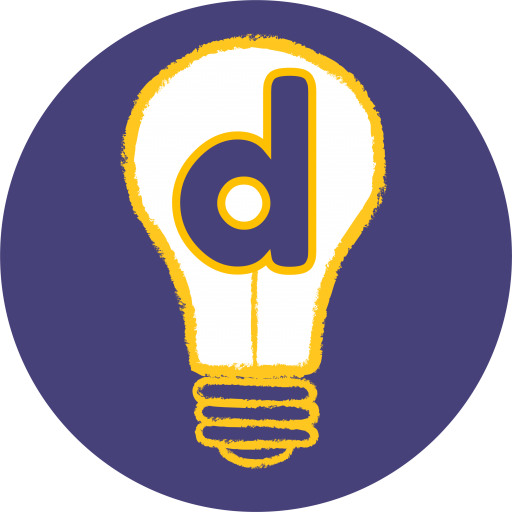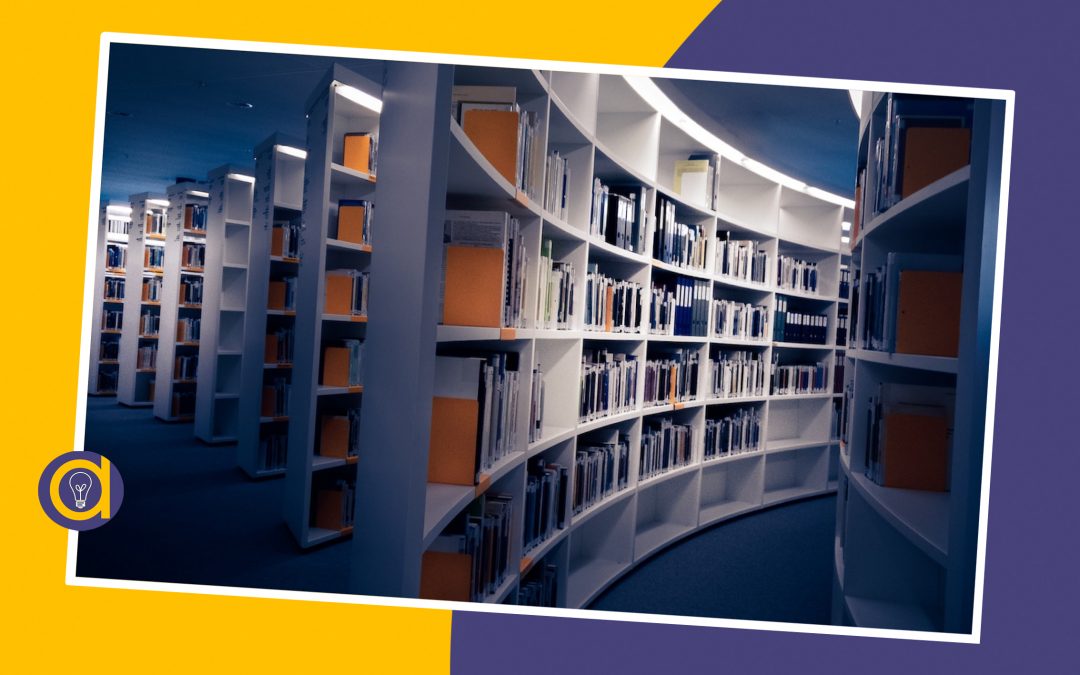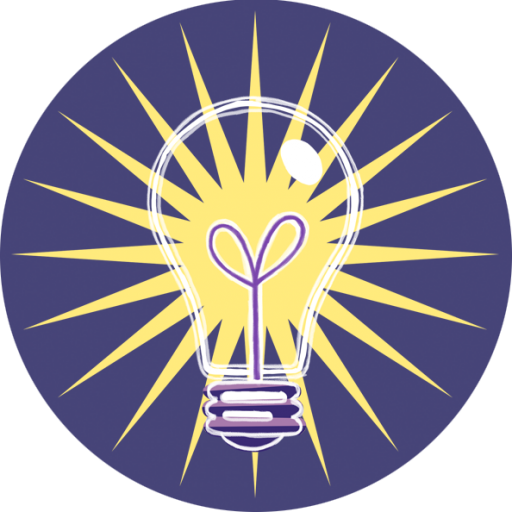“The biggest effects on student learning occur when teachers become learners of their own teaching, and when students become their own teachers.” (Hattie, 2009: 22)
Sometimes you discover a piece of research that you just can’t ignore.
In 2009, researcher John Hattie examined 800 ‘meta-analyses’ consisting of over 50,000 individual pieces of research. His aim was to identify the teaching strategies that had the biggest impact on learning.
What he discovered was finding out what a learner expected to achieve, then challenging and supporting them to exceed their expectations, is the most effective thing a teacher can do. Period.
This goes to show just how important it is to get to know our learners, and to develop meaningful relationships with them. Doing so enables us to make accurate suggestions that consistently nudge them into their zone of proximal development. In other words, suggestions that consistently encourage and enable them to perform just beyond what they expect of themselves.
As we move towards more online teaching, one of the best things we can do as educators is to focus less on delivering content, and more on building effective learning relationships. Our value lies in directing students to the information that will most likely help them exceed their own expectations of themselves, not in delivering the same content to each and every student.
Universities can no longer hide behind expensive buildings and amazing sports facilities. What counts in an online world is targeted, personalised feedback. All this requires is a shift of emphasis away from broadcasting and towards listening.
This is the best value for money that we can provide.
See also:
- Hattie, J. (2009) Visible Learning: A Synthesis of Over 800 Meta-Analyses Relating To Achievement. London: Routledge
Photo by Martin Adams on Unsplash
want more tips about great learning design?



